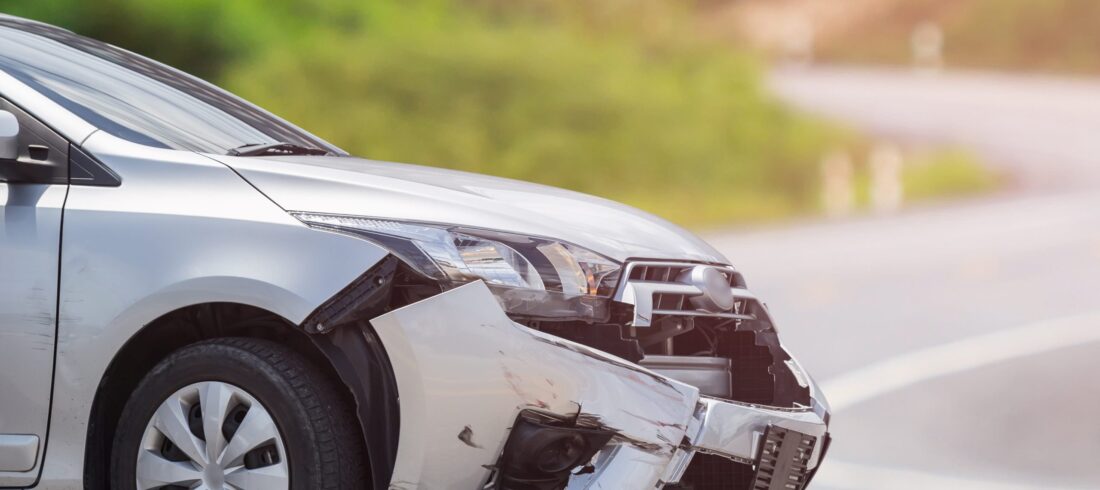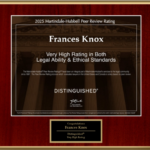[column parallax_bg=”disabled” parallax_bg_inertia=”-0.2″ extended=”false” extended_padding=”true” background_color=”” background_image=”” background_repeat=”” background_position=”” background_size=”auto” background_attachment=”” hide_bg_lowres=”false” background_video=”” vertical_padding_top=”0″ vertical_padding_bottom=”50″ more_link=”” more_text=”” left_border=”transparent” class=”” id=”” title=”” title_type=”single” animation=”none” width=”1/1″ last=”true”]
[column_1 width=”1/1″ last=”true” title=”” title_type=”single” animation=”none” implicit=”true”]
Riding with a Drunk Driver: Contributory Negligence in N.C.
by Edward Knox
The holiday season is upon us and that means office parties, meeting friends for dinner, ringing in the New Year, and socializing at gatherings where alcohol may be served. Be forewarned: North Carolina is one of four states where contributory negligence is still the law. If you decide to ride with a driver who has been drinking and there is an ensuing accident, you are exposing yourself to harm. The driver may use the doctrine of contributory negligence as a defense to your claim and argue you contributed to your own injuries.
North Carolina is joined only by Virginia, Maryland, Alabama, and the District of Columbia in holding that your failure to exercise due care for your own safety may bar you from recovering against another negligent person. The contributory negligence defense can be asserted by the at-fault driver against any passenger who knows or should have known that the driver has been drinking. If the driver can successfully make the argument that the passenger is even slightly to blame, the passenger cannot recover.
Even if the driver causes an accident due to running a red light, making an illegal turn, or speeding, as a passenger you are contributory negligent because you chose to ride with the intoxicated driver.
The North Carolina Court of Appeals affirmed recently in Taylor v. Coats that although the drunk driver and her boyfriend passenger were arguing at the time of the accident, the boyfriend was still barred from recovering from his injuries because he knew his driver girlfriend had been drinking prior to his getting in the car with her. The pair had been drinking together in a bar earlier that night. The Court ruled that the driver’s impaired driving was the main cause of the accident, not her argument with her passenger boyfriend.
Bullins v. Walker also just affirmed that a passenger who voluntarily rides with a driver who is under the influence of any intoxicating substance is guilty of contributory negligence. In this case Plaintiff Bullins sued her driver, Walker, seeking to prove she was forced to remain in the car against her will following dinner at a restaurant where both the Plaintiff and the Defendant were drinking. However, the evidence showed that Walker made two stops on the way home and Bullins could have left the vehicle at either of those stops. Defendant Walker lost control of the vehicle on the way home, striking an embankment and overturning. Plaintiff Bullins was thrown from the car and sustained terrible injuries. The Court ruled Bullins was contributory negligent by choosing to ride with a driver that she knew was intoxicated.
If you voluntarily agree to ride in a car driven by a drunk driver and are injured as a result of an accident, you cannot recover for your own injuries. You probably will not prevail if you decide to ride with a driver whose outward appearance exhibits an obvious odor of alcohol. If the driver’s eyes are red or glassy, he has probably been drinking or may be under the influence of an illegal drug. If the driver’s speech is mumbled or slurred, it is likely he has been consuming alcohol or an illegal substance. You can trust that the investigating police officer or State Highway Patrolman who arrives at the accident scene will be looking for these physical characteristics of an intoxicated driver. Be certain you observe your driver before getting in the car.
As a criminal violations footnote, if you own a vehicle and let a driver under the influence drive, but you ride as a passenger, you can also be charged for driving under the influence even though you may be sober as a judge. Just last week, The Charlotte Observer reported on a former N.C. Senator who has been charged with aiding and abetting DWI. He was a passenger in his own vehicle being driven by an impaired driver who lost control of the vehicle and caused a single-car accident, seriously injuring the former State Senator.
H. Edward Knox is the managing partner with the Knox Law Center. He is a certified trial specialist, a member of the National Board of Trial Attorneys as well as a member of Legal Elite Hall of Fame (2003,2005, 2006) and NC Super Lawyers (2006,2007). Visit our website at www.knoxlawcenter.com. Please call 704-315-2363 or 866-704-9059 (Toll free)
[/column_1]
[/column]
[column parallax_bg=”fixed” parallax_bg_inertia=”-0.2″ extended=”true” extended_padding=”true” background_color=”” background_image=”http://knoxlawcenter.com/wp-content/uploads/scales-of-justice-extra-white.jpg” background_repeat=”” background_position=”” background_size=”auto” background_attachment=”” hide_bg_lowres=”false” background_video=”” vertical_padding_top=”30″ vertical_padding_bottom=”70″ more_link=”” more_text=”” left_border=”transparent” class=”” id=”REQUEST-CONSULTATION” title=”” title_type=”single” animation=”none” width=”1/1″ last=”true”]
[text_divider type=”single”]
How Can We Serve You?
[/text_divider]
[column_1 width=”1/1″ last=”true” title=”” title_type=”single” animation=”none” implicit=”true”]
[push h=”-20″]
Fields with * are required.
[push h=”20″]
[/column_1]
[column_1 width=”1/1″ last=”true” title=”” title_type=”single” animation=”none” implicit=”true”]
[/column_1]
[/column]






